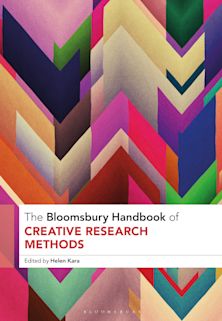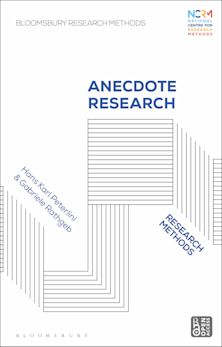- Home
- ACADEMIC
- Research Methods
- Qualitative
- Using Focus Groups in Research
Using Focus Groups in Research
This product is usually dispatched within 3 days
- Delivery and returns info
-
Free CA delivery on orders $40 or over
You must sign in to add this item to your wishlist. Please sign in or create an account
Description
Focus Groups are often under-used as a valuable tool for research. This practical and extremely well-written guide offers advice on: * planning and organising focus groups * what types of questions to use* the limitations and advantages of using these groups as research methods* collecting the data at group sessions* how to analyse the data produced
Table of Contents
Preliminaries and definitions
-What kind of focus group
-Focus groups as a qualitative research method in the social sciences
2. Benefits and limitations of focus group methodology
-When to use groups and for what kinds of questions
-Limitations of focus groups
3. Planning and organising focus groups
-Selecting the participants
-The role of the moderator
-Selecting a location and other praticalities of setting up focus groups
-Ethical issues
4. Developing and asking questions
-The topic guide of questioning route
-Types of questions-Kinds of questions
5. Conducting focus groups
-Before the focus group session
-Stages of the focus group session
-After the session
6. Analysing focus group data
Further reading
References
Product details
| Published | Dec 01 2003 |
|---|---|
| Format | Paperback |
| Edition | 1st |
| Extent | 104 |
| ISBN | 9780826464729 |
| Imprint | Continuum |
| Dimensions | 216 x 138 mm |
| Series | Continuum Research Methods |
| Publisher | Bloomsbury Publishing |
About the contributors
Reviews
-
'Intended as an introduction to Focus Groups for research students, this book is a god-send for anyone considering the pros and cons of this approach, and a valuable practical toolkit for putting focus groups together. Its academic background makes this even more useful. It is properly referenced throughout, and sufficiently rigorous for its stated purpose - supporting MPhil and PHD students. Despite this - or perhaps because of it - it is written in clear, accessible English and introduces all the necessary concepts as it goes along.'
Amazon.Com Books



































